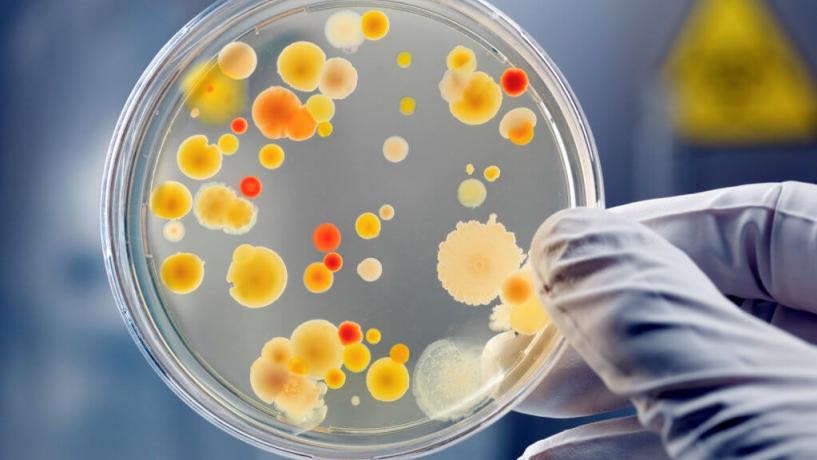
A research team at Queensland’s Griffith University has discovered a potential way to stop one of the most common causes of gastroenteritis. The breakthrough came as the team at Griffith’s Institute for Glycomics identified a unique sensory structure present on strains of Campylobacter jejuni that is able to bind to host-specific sugar.
In the first known discovery of a sensory structure that can bind to sugar, it is hoped this will allow for the creation of an antimicrobial drug that would stop Campylobacter jejuni cells from finding and attaching to human host cells.
In their research paper, 'A direct-sensing galactose chemoreceptor recently evolved in invasive strains of Campylobacter jejuni', published in Nature Communications, the research team explained that the ability to stop strains of Campylobacter jejuni moving towards their target host cells may stop the bacteria from causing disease.
The ability for bacteria to cause disease relies on whether the bacteria cells are able to move towards their target host cells, this movement is dependent on sensory structures in the bacteria that can sense chemicals in their environment. Tests conducted by the researchers found that disabling just one sensor reduced the ability of a Campylobacter infection to spread.
Research lead, Professor Victoria Korolik commented “This is a very important finding as sensory structures are very specific to each bacteria and offer high-target specificity for design of new antimicrobial compounds”.
“Essentially it should be possible to design an antimicrobial drug to target a specific pathogen that will not affect normal flora,” she added.
The finding has an additional benefit as "targeting sensory apparatus of microbes also reduces the risk of development of antimicrobial resistance, since the bacterial cell will not be killed, but rather, have its ability to reach host cells and cause disease disabled,” Korolik explained.
The Rise of Campylobacter jejuni
Campylobacter jejuni is recognised as being a leading cause of bacterial gastroenteritis. In Australia, it has surpassed other common bacteria, such as Salmonella and Shigella, as the biggest cause of food poisoning. The Department of Health has recorded over 16,000 reported cases in Australia this year with the number still rising.
A Campylobacter infection is usually attributed to consumption of undercooked meats, in particular poultry, unpasteurised milk and contaminated water. While infection can occur at any time of year it is more commonly found during summer months.
While anyone is susceptible to Campylobacter, very young children, the elderly and those with poor immune systems are most at risk. Most people who have a Campylobacter infection (Campylobacteriosis) will recover in approximately one week with plenty of rest and fluids. In severe or complicated cases antibiotics may be prescribed to reduce the duration of the illness.
Key steps to preventing Campylobacteriosis include:
- practising good personal hygiene, including washing hands before handling and preparing food
- ensuring that food is cooked thoroughly, avoiding undercooked meat, poultry and eggs
- following the 2 hour / 4 hour rule, making sure that food is kept at a safe temperature for consumption.
For further information on safe food practices, please refer to the AIFS Resources centre.





